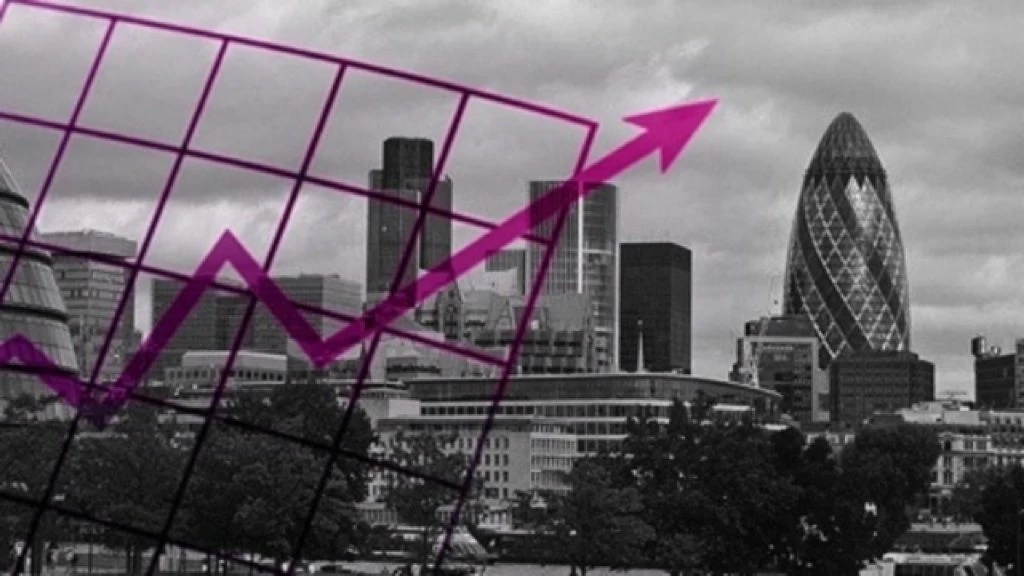
Partner Article
Banks lower following J.P.Morgan blunder
The major corporate news to emerge last night was a surprise and “egregious” $2 billion trading loss suffered by JP Morgan Chase. The error at one of the US’s biggest banks had arisen as a result of trading in the bank’s Chief Investment Office in London. The securities in question were corporate bond derivatives, with a now infamous trader taking huge positions selling protection and in doing so betting on a recovery in the US economy. The losses arouse when the cost of protection rose as economic data from the US wasn’t as strong as many had predicted.
The CEO, Jamie Diamond, often regarded as the “King of Wall Street”, faced an uncomfortable conference call to explain the situation. Commentators have suggested that the event, at one of Wall Street’s most highly regarded banks, has provided more firepower for advocates of the Volker Rule; part of the post Financial Crisis reforms that argue for the separation of investment banking and retail arms in financial institutions.
The news caused jitters globally, with investors particularly wary of holding other banking stocks which lost some ground. JP Morgan trading lower by up to 9% in the pre-market, although recovered slightly at the time of writing with losses in the region of 7%. Its major US peers didn’t escape the selling, with Morgan Stanley, Goldman Sachs and Citigroup all down around 3% and Barclays in the UK lower by a simialr amount.
Markets were however given a boost in the afternoon as a Michigan Consumer Sentiment index came in at 77.8 in May, the highest level since January 2008 and well above expectations (that had actually anticipated a slight decline from last month). Analysts pointed to falling fuel (gasoline) prices in the States as a possible contributor to the improved outlook, even though job growth has remained sluggish.
The FTSE 100 finished up 0.6% at 5576, following a 70 point rally in the afternoon that took the index out of negative territory. The German DAX put on gains close to 1%, although the CAC remained flat and the Spanish IBEX was down around 0.7%. Leading the UK’s index of blue-chip stocks was Marks & Spencer, the retailer upgraded by Bank of America Merrill Lynch to “buy” from “neutral”, citing a strong domestic events calendar and anticipated lower input prices later in the year. The shares finished up 3.5% to 360p. Mining companies were to be found at the bottom of the index, with Xstrata and ENRC both lower by more than 3%.
This was posted in Bdaily's Members' News section by James .
Enjoy the read? Get Bdaily delivered.
Sign up to receive our daily bulletin, sent to your inbox, for free.








 Putting in the groundwork to boost skills
Putting in the groundwork to boost skills
 £100,000 milestone drives forward STEM work
£100,000 milestone drives forward STEM work
 Restoring confidence for the economic road ahead
Restoring confidence for the economic road ahead
 Ready to scale? Buy-and-build offers opportunity
Ready to scale? Buy-and-build offers opportunity
 When will our regional economy grow?
When will our regional economy grow?
 Creating a thriving North East construction sector
Creating a thriving North East construction sector
 Why investors are still backing the North East
Why investors are still backing the North East
 Time to stop risking Britain’s family businesses
Time to stop risking Britain’s family businesses
 A year of growth, collaboration and impact
A year of growth, collaboration and impact
 2000 reasons for North East business positivity
2000 reasons for North East business positivity
 How to make your growth strategy deliver in 2026
How to make your growth strategy deliver in 2026
 Powering a new wave of regional screen indies
Powering a new wave of regional screen indies